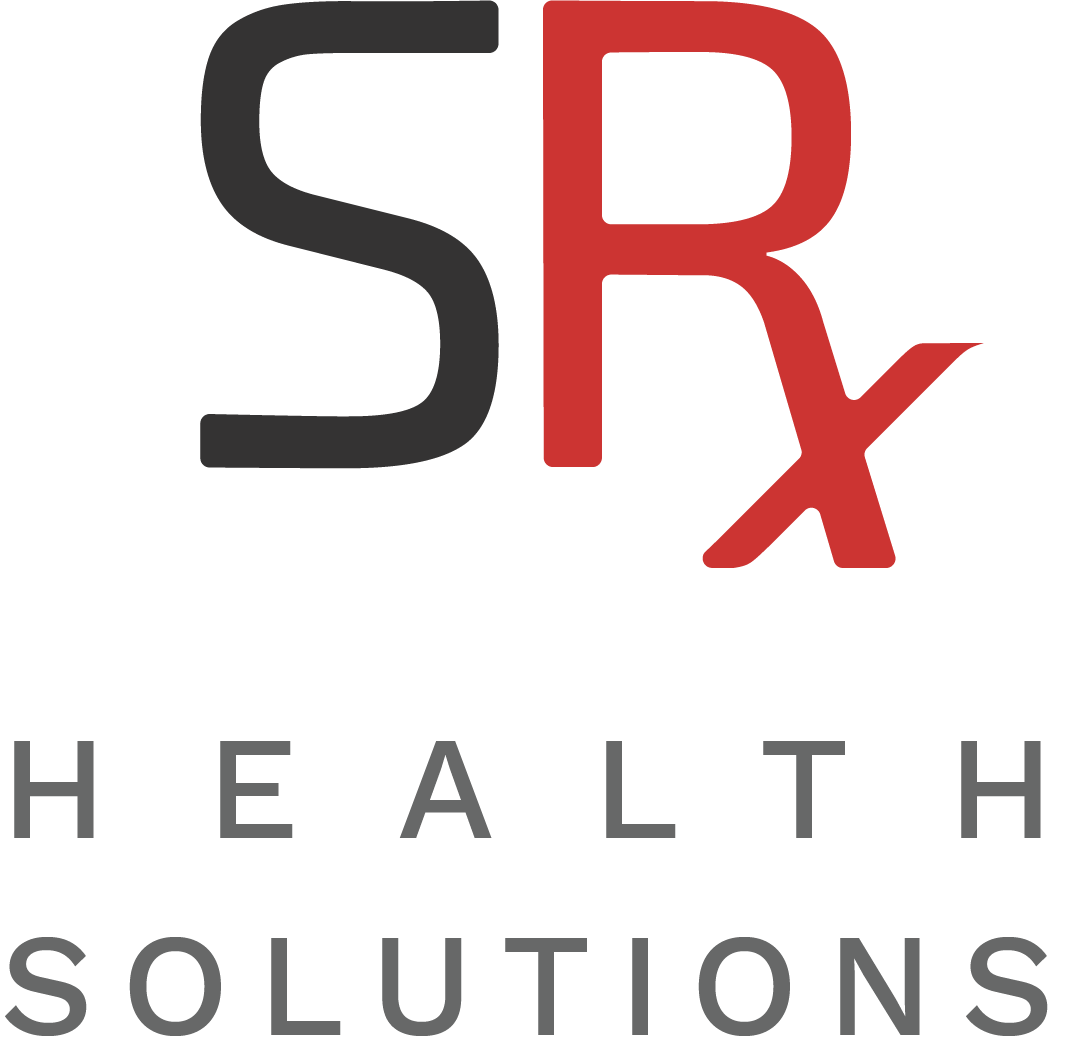Become a subscriber
Join our mailing list to discover new ways to optimize your health, feel incredible, and live longer
Aging is an inevitable biological process. And, sadly, one that we cannot avert. Nevertheless, we can influence the causes and decelerate the aging process.
What causes skin aging?
At the biological level, aging results from the impact of an accumulation of a wide variety of molecular and cellular damage over time. As the skin loses fat, there’s a reduction in skin thickness, making it less plump than it once was. Skin becomes thinner and saggy which presents in wrinkling. The process of skin aging is further revved up due to diseases (like liver and heart disease), unhealthy diet, stress, attitude, sun exposure and environmental factors.
What can we do to defend against aging?
Today, there is enough knowledge and research on aging to help us delay this undesirable phenomenon. Experts have weighed in on the importance of holistic approaches, supplements, and hormone replacement therapy (HRT), which have all shown to help slow down the skin aging process.
Holistic Support:
First, consider all aspects of your lifestyle and make sure you are doing all that you can to take care of your skin and its well-being. The science is clear and these holistic practices are your main armor against skin aging:
- Eat well – focus on a healthy diet
- Stay Active – exercise regularly
- Drink plenty of water
- Use sunscreen – protect your skin
- Take care of your mental health
Supplemental Support:
Researchers have identified several supplements with anti-aging properties. Certain vitamins and mineral supplements may also have a significant impact on how skin ages. Additionally, if not adequately obtained from diet, nutritional supplements can help to compensate for essential nutrients that might be lacking.
The following supplements have been recognized for their anti-aging benefits. While the following list showcases some real powerhouse supplements, the list is certainly not exhaustive:
- Curcumin
- Vitamin A
- Collagen
- Nicotinamide
- Vitamin C
- Crocin
- Theanin
If you decide to look into incorporating vitamins and supplements, it is recommended to consult your doctor or a healthcare professional.
Hormone Therapy: Going The Extra Mile
With today’s advanced medicine, we are uniquely equipped to tackle the many underlying causes associated with aging. One example is hormone replacement therapy, which is becoming an increasingly popular treatment solution.
Bioidentical hormones have been shown to increase skin hydration and reduce skin thinning. Several clinical trials suggest there are potential benefits from using bioidentical hormones to alleviate symptoms from dry, itchy, thin, and fragile skin, as these hormone treatments can increase skin hydration and reduce skin atrophy, according to a review published January 2019 in the Dermatology Online Journal.
- Estrogen Replacement Therapy: Curtailing estrogen levels can contribute to dry skin and fine lines. It plays an integral role in women’s quality of life, especially in women going through menopause. Skin becomes thinner because of the low levels of collagen. Elastin also dwindles with estrogen. Some clinicians recommend maintaining estrogen levels for maintaining youthful skin.
- DHEA: DHEA (Dihydroepianodsterone) has been shown in studies to thicken and tighten skin and in a case report in the Journal of the American Academy of Dermatology to help prevent tears in atopic skin.
- Thyroid Hormone: The thyroid hormone, which is the metabolic hormone, also affects the skin as it plays a critical role in metabolism and fat burning. As a woman’s thyroid levels fall with age, she experiences an increase in visceral and subcutaneous fat that is difficult to remove.
- Testosterone: Some anti-aging specialists use testosterone to improve skin tightening and skin elasticity.
A healthy lifestyle and safe supplementation is key to keeping skin healthy. However, there is no one size fits all solution. Supplement and hormone therapy needs to be tailored to the individual based on their current health status, which is why consulting with a healthcare professional is paramount. Connect with your local SRx Pharmacist to learn more about supplementation, hormone replacement therapy, and preventative health lifestyle choices.
References:
- Bielak-Zmijewska A, Grabowska W, Ciolko A, et al. The role of curcumin in the modulation of ageing. International Journal of Molecular Science. 2019;20(5):1239. Published 2019 Mar 12.
- Bolke L, Schlippe G, Gerß J, Voss W. A collagen supplement improves skin hydration, elasticity, roughness, and density: Results of a randomized, placebo-controlled, blind study. Nutrients. 2019;11(10):2494.
- Hunt PJ, Gurnell EM, Huppert FA, et al. Improvement in mood and fatigue after dehydroepiandrosterone replacement in Addison’s disease in a randomized, double blind trial. J Clin Endocrinol Metab. 2000;85(12):4650-6.
- Daniell HW. Oral dehydroepiandrosterone might prevent frequent tears in atrophic skin: A case report. JAAD Case Rep. 2017;3(6):534-535.
- Raine-Fenning NJ, Brincat MP, Muscat-Baron Y, “Skin Aging and Menopause: Implications for Treatment”, Am J Clin Dermatol. 2003; 4(6):371-8. Available online at :http://www.ncbi.nlm.nih.gov/pubmed/12762829.
- Rittié L, Kang S, Voorhees JJ, et al., “Induction of Collagen by Estradiol: Difference Between Sun-Protected and Photodamaged Human Skin In Vivo”, Arch Dermatol. 2008; 144(9):1129-1140.




